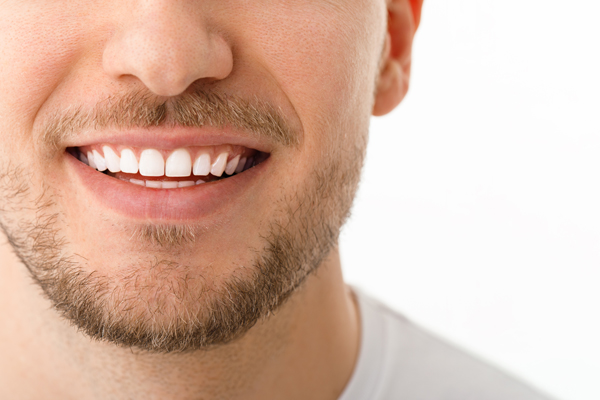 An orthodontist deals with concerns related to the alignment of the teeth and the jaw. The most common concerns they treat are crooked or overcrowded teeth and a misaligned jaw. This article discusses how an orthodontist can help patients fix misalignments and create an even smile and bite.
An orthodontist deals with concerns related to the alignment of the teeth and the jaw. The most common concerns they treat are crooked or overcrowded teeth and a misaligned jaw. This article discusses how an orthodontist can help patients fix misalignments and create an even smile and bite.
How an orthodontist treats teeth and jaw misalignments
The most proven ways to straighten teeth and jaw misalignments are through braces, clear aligners, and other orthodontic treatment options. By learning more about your orthodontic treatment options, you can decide which one is right for your specific situation.
The purpose of orthodontic treatment
Orthodontics is a dental specialty that addresses jaw and teeth alignment concerns. Orthodontists go through extensive education and training to specialize in this branch of dentistry. This provides patients with an improved smile and better function, along with reducing the risk of cavities in hard-to-reach areas of the mouth.
Orthodontic treatment to correct teeth and jaw misalignments
Orthodontic treatment addresses jaw and teeth misalignments. The specific types of alignment concerns treatments such as braces and clear aligners can address include:
- Crooked teeth
- Overcrowding
- Teeth gaps
- Underbite
- Overbite
- Crossbite
The orthodontist can determine the precise concerns a patient has and discuss treatment goals during a consultation, followed by providing a treatment recommendation on the same visit.
Choosing the right orthodontic solution
The recommended treatment solution your orthodontist provides depends on the severity of the misalignment and treatment preference. The two most common forms of orthodontic treatment are metal braces and clear aligners. Lingual or ceramic braces may be an available option as well, in addition to veneers or bonding for addressing minor instances of short teeth or teeth gaps. An orthodontist can explain the pros and cons of each available option and make a recommendation during a consultation visit.
The orthodontic treatment process explained
The process begins with a consultation visit. The treatment plan is put together during the first visit, and the patient can begin during a follow-up appointment. Depending on the type of treatment chosen, the patient is asked to come in regularly to either change their aligners or have their braces tightened as teeth shift into a better alignment.
Keeping a straight smile after treatment from an orthodontist
Treatment to fix misaligned teeth and a bad bite can typically take up to two years. After treatment, patients are required to wear a retainer to prevent teeth from shifting back to their original position. The retainer should be worn all day at first, and once the jawbone hardens around the teeth, then it only is required to wear while sleeping.
Ready to set up an appointment?
Whether you have crooked teeth, an overbite, or other orthodontic concerns, we can help. We offer braces, clear aligners, and additional orthodontic solutions, providing a personalized treatment plan to help patients achieve ideal teeth and jaw alignment. Contact us today to learn more and to schedule a visit.
Request an appointment or call Valley Ranch Orthodontics at 972-200-1016 for an appointment in our Irving office.
Related Posts
An orthodontist specializes in malocclusions, or dental misalignments, that affect the jawbone, teeth, or facial symmetry. If a dentist recommended you or your child for this dental specialist, you may wonder what to expect at the first appointment. While it is a relatively simple process, there are some differences in how the orthodontist and their…
Early interceptive therapy, also known as phase 1 orthodontics, is performed by a kids orthodontics and deals with the application of growth appliances, expanders, or partial braces, pending the complete eruption of the patient’s adult teeth. Phase one treatment is usually recommended for children when they are between 7 and 11 years old. The treatment…
Children who suffer from misaligned teeth and visit an orthodontist to help correct the problem may be fitted with dental headgear. There can be several reasons why this may be recommended, such as for the correction of protruding front teeth or irregular jaw growth. Parents who are told a child will require headgear may wonder…


